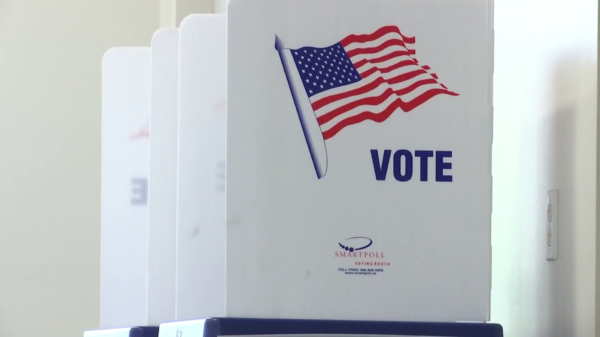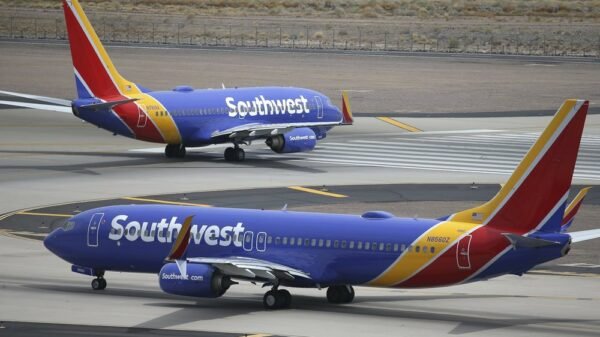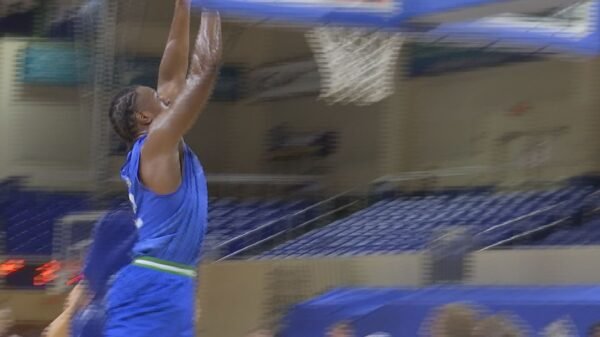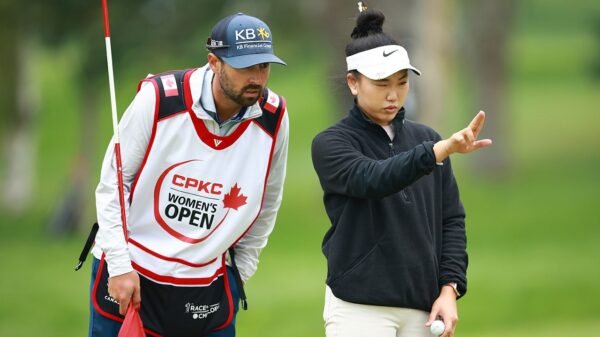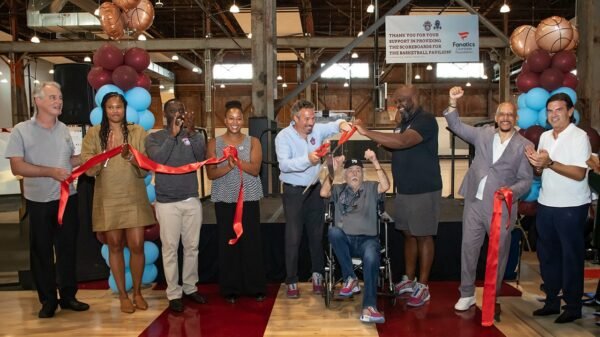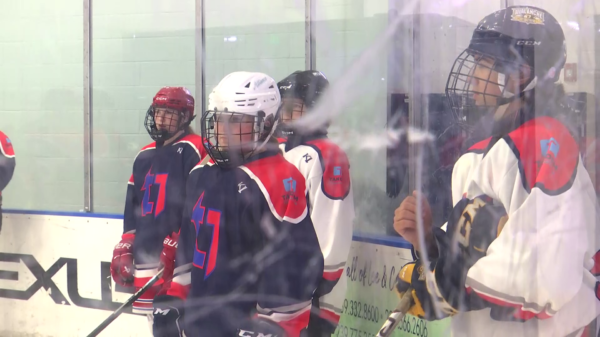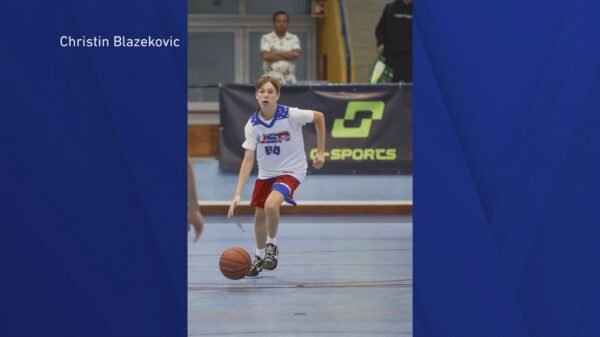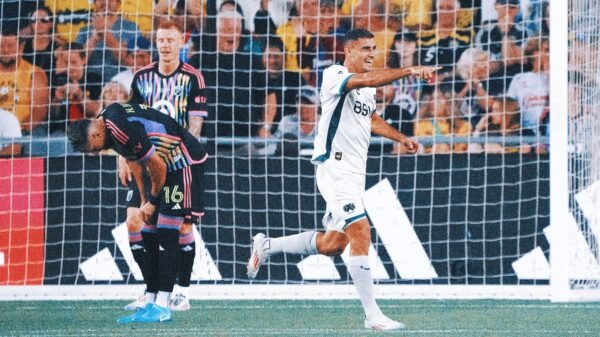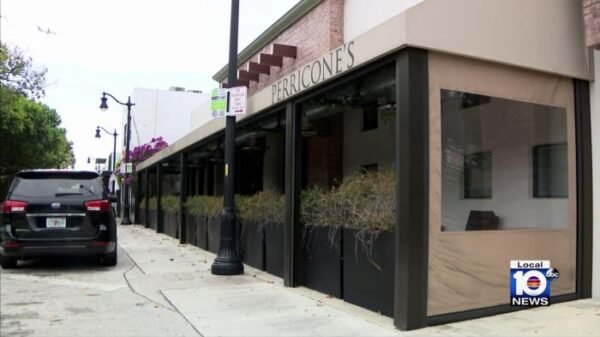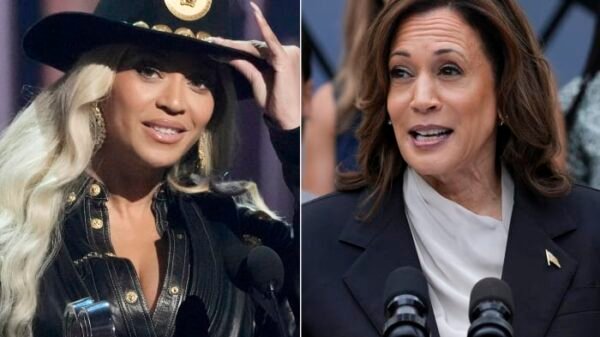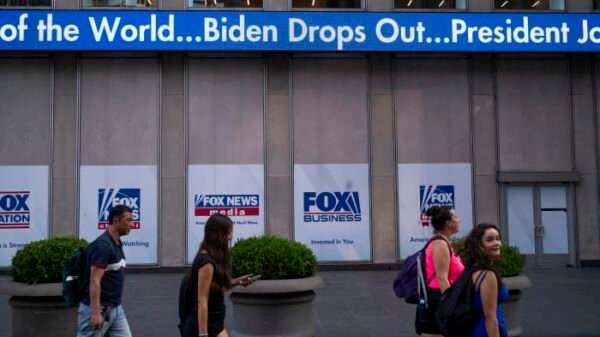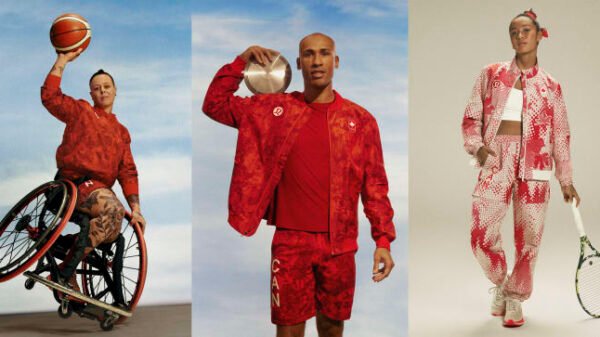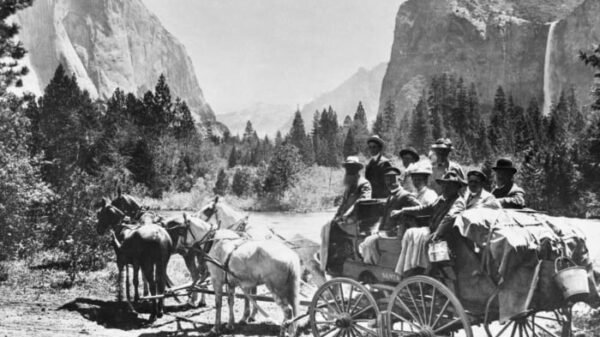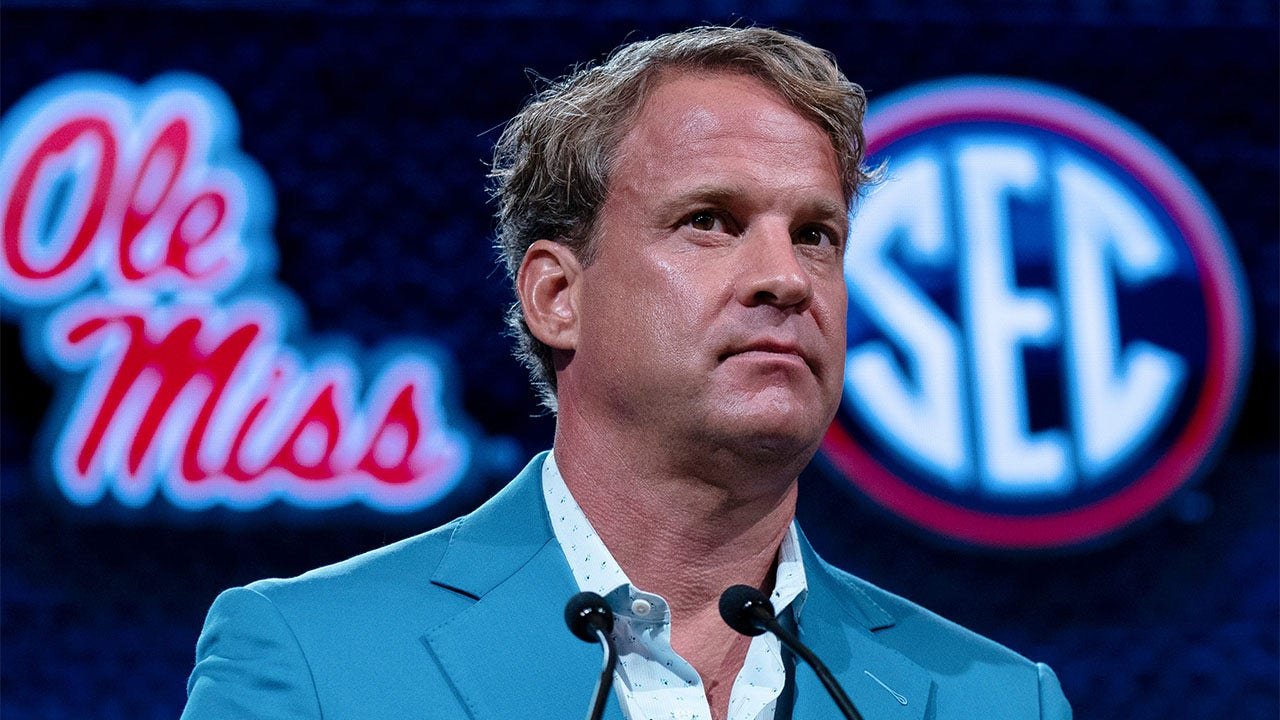Ole Miss’ Lane Kiffin Complains About NIL: A Balancing Act Between Athlete Compensation and Competitive Equality
In recent years, the landscape of college athletics has undergone significant changes, with one of the most impactful being the introduction of Name, Image, and Likeness (NIL) legislation. While it aims to provide college athletes with the opportunity to monetize their personal brand, not everyone is thrilled with the consequences. One such critic is Lane Kiffin, the head football coach of the Ole Miss Rebels. In this article, we delve into Kiffin’s concerns about NIL, exploring the delicate balance between athlete compensation and the preservation of competitive equality.
The Promise of NIL and Its Implications
The implementation of NIL legislation has been celebrated as a long overdue advancement for college athletes. Finally, they can profit from endorsements, sponsorships, and other income streams that were previously off-limits. This newfound financial independence offers them the chance to gain valuable life skills, such as financial literacy, while also piquing their interest in business and entrepreneurship.
However, as with any major reform, there are bound to be drawbacks. Critics worry about potential inequalities arising from the varying financial resources and marketability of college programs. This brings us to Lane Kiffin’s concerns about the impact of NIL on competitive equality.
Kiffin’s Concerns: A Level Playing Field
Kiffin, a seasoned coach with a long history in college football, is no stranger to the competitive nature of the game. In his view, NIL arrangements could create an imbalance by allowing certain programs to attract athletes with more lucrative sponsorship deals. This influx of money could lead to an unfair advantage, with wealthy programs using their resources to lure top talent away from schools with limited financial means.
Furthermore, Kiffin fears that the pursuit of personal endorsements might distract athletes from their primary duties as students and team members. With the newfound opportunity to earn substantial income, there is a risk that athletes will prioritize personal financial gain over their commitments to their education and athletic development. This shift in focus could have adverse effects on team dynamics and overall performance.
Impact on Recruitment
Recruitment, the lifeblood of college sports, is another area that has caused concern for Kiffin and other coaches across the country. Historically, the prestige and success of a program have played a significant role in attracting top-tier athletes. However, with the introduction of NIL, financial incentives may now become the deciding factor for recruits.
Although the NCAA has attempted to implement guidelines to prevent improper inducements, such as prohibiting pay-for-play schemes and regulating endorsement activity, Kiffin worries that enforcement might be difficult. Colleges in wealthy markets, with strong booster networks, may find creative ways to circumvent the rules and offer significant financial packages to entice recruits.
The Struggle for Balance
While Kiffin raises valid concerns, it is important to recognize the potential benefits of NIL as well. Empowering athletes and allowing them to capitalize on their personal brand can be a transformative experience in their lives. It can provide financial stability for both themselves and their families, and it recognizes their hard work and dedication.
However, striking the right balance between compensation and maintaining a fair playing field will require ongoing thought and effort. The NCAA must develop robust regulations that address concerns about competitive imbalances and recruiting violations. Additionally, institutions and coaching staff should prioritize providing education and support to athletes to ensure they make informed decisions regarding endorsements and maintain focus on their academic and athletic responsibilities.
Conclusion
Lane Kiffin’s complaints about NIL reflect both the potential benefits and pitfalls of this groundbreaking legislation. While the pursuit of athlete compensation is a crucial step toward fairness and recognition, it is essential to consider the implications it may have on competitive equality and the integrity of college sports. Achieving the delicate balance between athlete empowerment and preserving a level playing field will pose a significant challenge, one that requires collaboration and thoughtful regulation. Only time will tell if the introduction of NIL will ultimately lead to a positive transformation in the world of college athletics.
*Source www.foxnews.com


